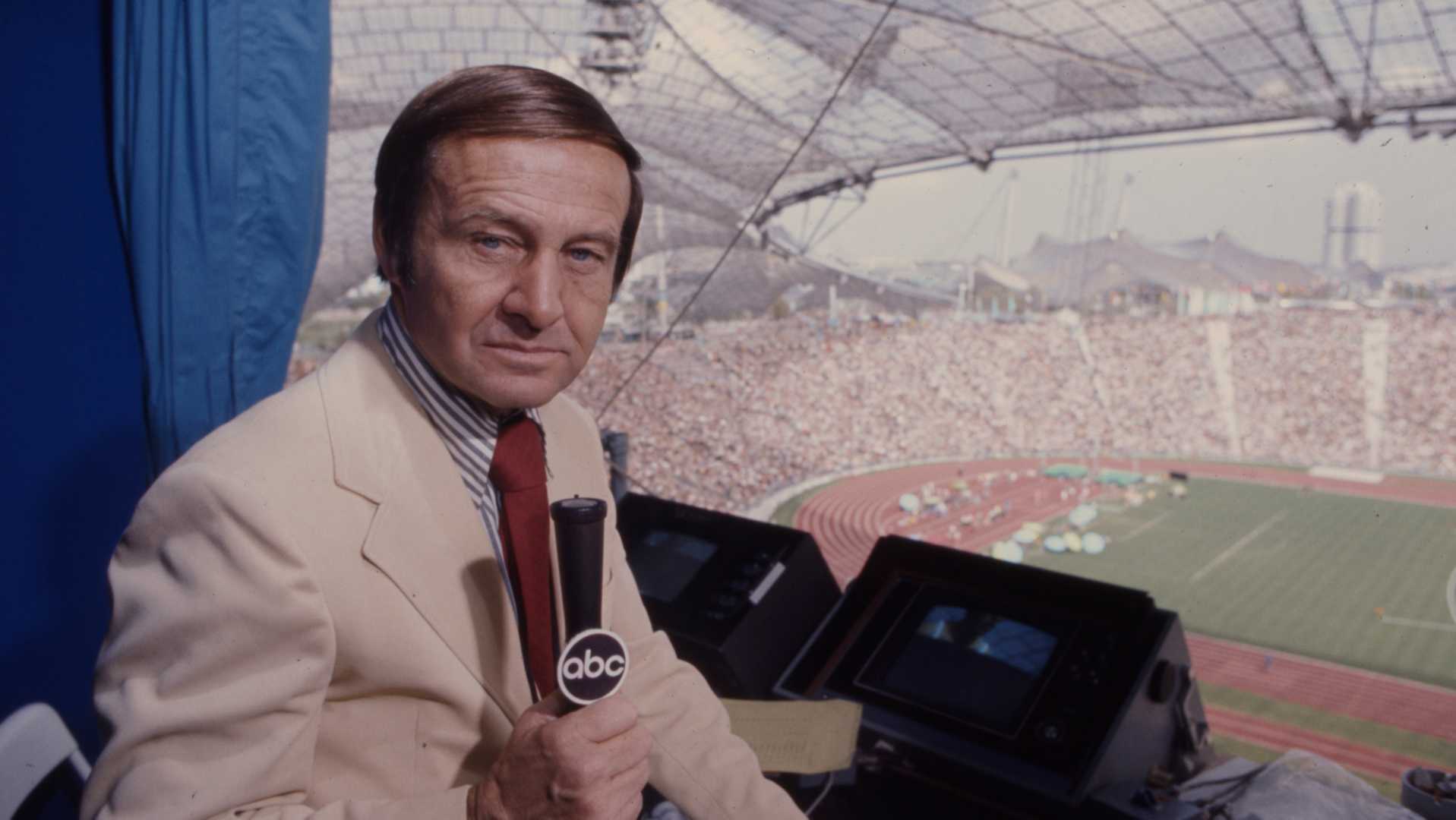Entertainment
New Film ‘September 5’ Explores ABC’s Coverage of 1972 Munich Olympics Hostage Crisis

In the new film September 5, director Tim Fehlbaum takes audiences inside the ABC Sports studio during the 1972 Munich Olympics, where journalists faced an unprecedented ethical dilemma. The film, now in theaters, focuses on how the ABC team pivoted to crisis coverage after a militant Palestinian group took members of the Israeli team hostage on September 5, 1972. Unlike other films that have examined the incident, such as Steven Spielberg’s Munich, September 5 concentrates on the journalists’ struggle to balance empathy and urgency while delivering live coverage to 900 million viewers worldwide.
The film immerses viewers in the chaotic environment of the ABC control room, where producer Geoffrey Mason (played by John Magaro) and his team grapple with the pressure of live television. With time ticking away, the crew debates whether to broadcast sensitive footage, such as the potential emergence of hostages, knowing the risks of sensationalism. The tension between delivering breaking news and respecting the gravity of the situation is a central theme, underscored by the film’s use of archival footage and real-life clips, including anchor Jim McKay’s iconic reporting.
Fehlbaum’s direction emphasizes the contrast between the meticulous, slow-paced work of studio technicians and the frenzied rush to break news. Scenes showing staffers manually developing photos or rotating tape reels for slow-motion playback highlight the technological limitations of the era. Yet, as the crisis unfolds, the ABC team succumbs to the pressure to outpace competitors, prioritizing speed over accuracy. A pivotal moment occurs when the crew rushes to confirm a tip that proves devastatingly wrong, underscoring the ethical pitfalls of live coverage.
The film also explores the broader implications of media sensationalism. As the hostages and militants leave the building, they are swarmed by cameras, turning the tragedy into a spectacle. The ABC team, despite their professionalism, is not immune to these impulses. Roone Arledge (Peter Sarsgaard), president of ABC Sports, argues that the coverage is about emotions, not politics, reflecting the tension between journalistic integrity and the demand for drama.
At 94 minutes, September 5 maintains a brisk pace, mirroring the stress of its characters. While some dialogue feels heavy-handed, the film’s focus on the ABC studio’s cramped quarters effectively illustrates how journalists can drift toward sensationalism. By every metric—viewership, satellite time, and citations by other outlets—the ABC team succeeded in their mission. Yet, as the film suggests, their success came at a cost, raising enduring questions about the ethics of breaking news coverage.
September 5 does not claim to offer new insights into the challenges of live reporting. Instead, it starkly portrays how easily the perils of journalism can be overlooked in the race to deliver the latest updates. The film serves as a timely reminder of the ethical dilemmas faced by journalists, both then and now, as they navigate the fine line between informing the public and creating spectacle.












